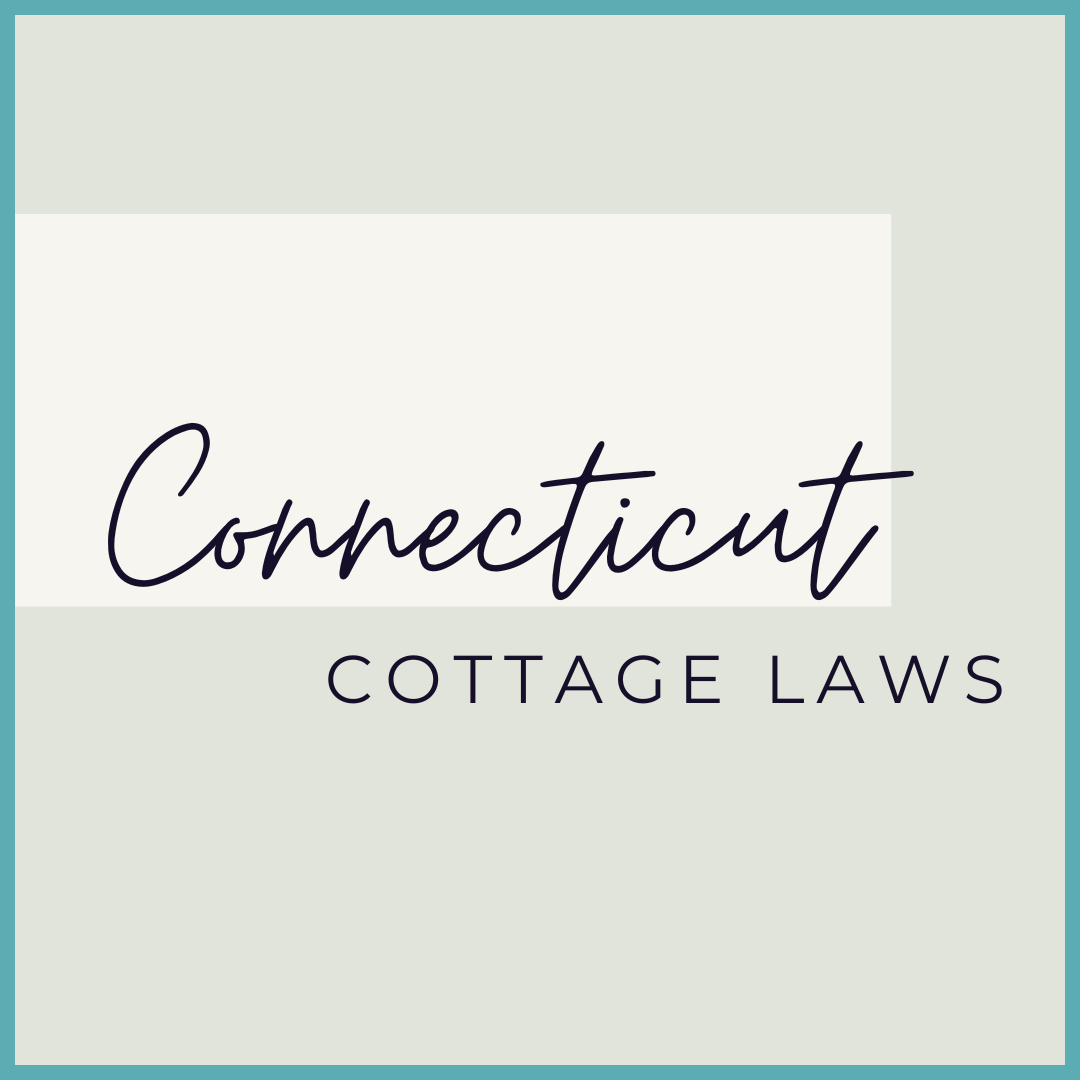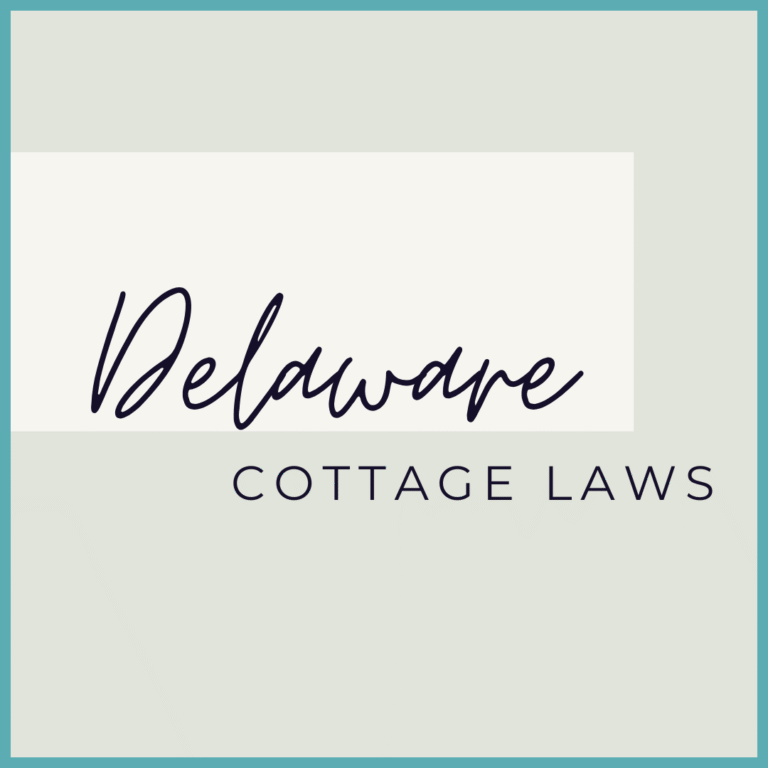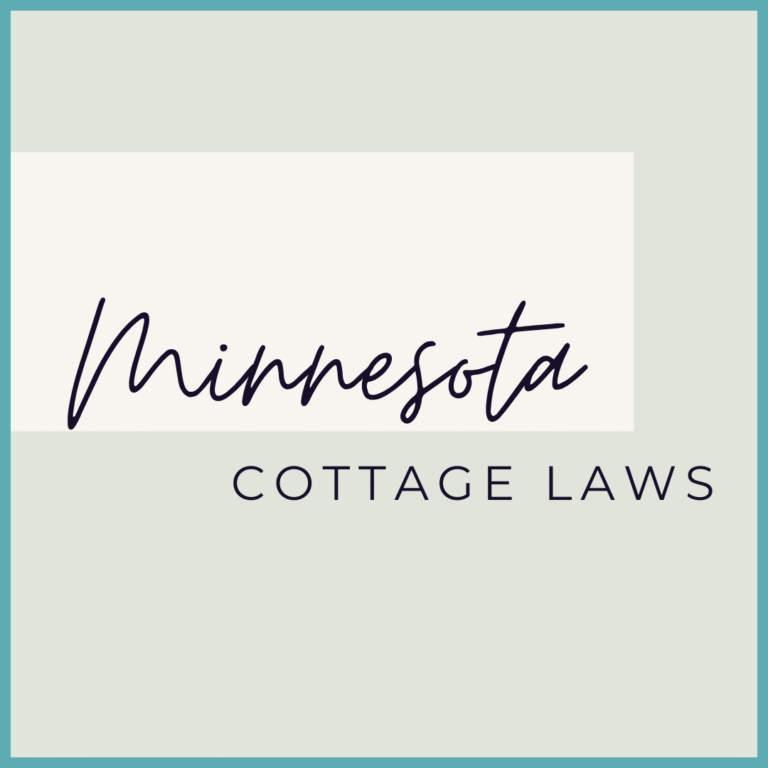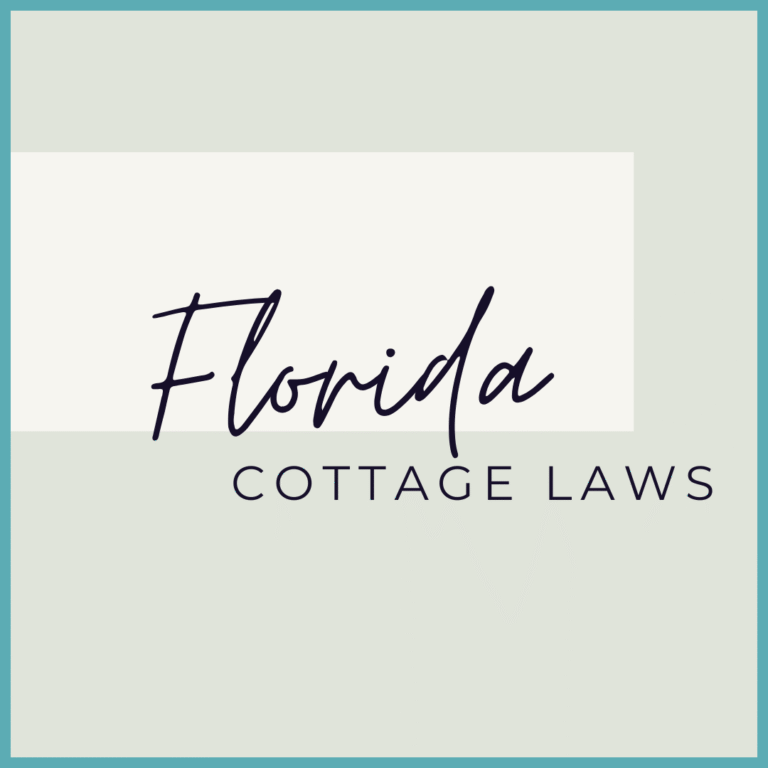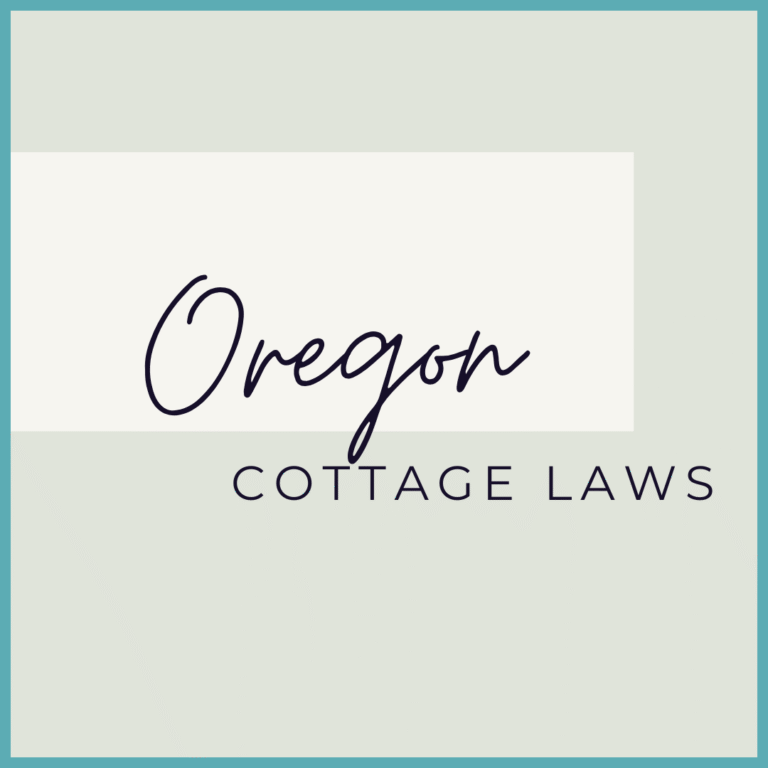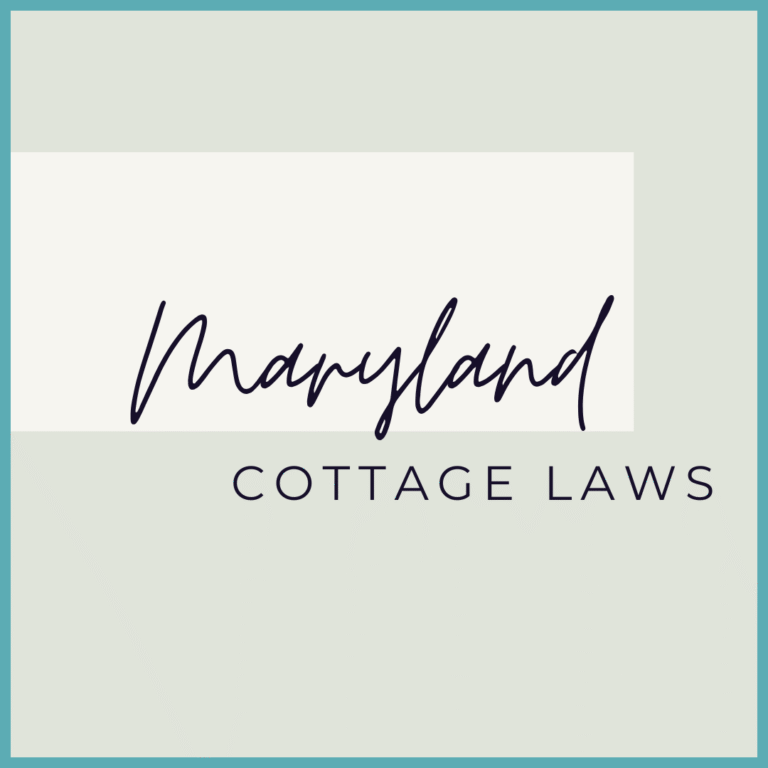Connecticut Cottage Laws
Finally! Connecticut's cottage food laws make it possible to turn your home kitchen into a legal food business
After years of waiting, Connecticut home bakers can finally celebrate! The state's cottage food laws, which went into effect on October 1, 2018, have opened the door for entrepreneurs like you to legally sell homemade foods from your kitchen. Even better, recent updates in 2022 doubled the income limit, making Connecticut an increasingly attractive state for cottage food businesses. This guide will walk you through everything you need to know to get started.
Connecticut's Cottage Food Journey
Connecticut was one of the last states to adopt cottage food laws, but the wait was worth it. After years of advocacy and legislative efforts, Public Act 18-141 (SB 193) finally became law in 2018. The law was significantly improved in 2022 when Senate Bill 187 doubled the annual revenue cap from $25,000 to $50,000, making Connecticut much more competitive with neighboring states.
What Are Cottage Food Laws?
Connecticut's cottage food laws allow you to prepare certain low-risk, non-perishable foods in your home kitchen and sell them directly to consumers within the state. These laws are designed to help small entrepreneurs start food businesses without the huge expense of renting commercial kitchen space or dealing with complex licensing requirements.
The key phrase here is “low-risk” – cottage foods are perceived to be low-risk for food-related injury or illness and don't require the same controls as traditional commercial food operations.
What Foods Can You Make and Sell?
Connecticut takes a conservative approach to approved foods, focusing on items that don't require refrigeration and are shelf-stable. Here's what you can typically make:
Baked Goods
- Non-potentially hazardous cakes (birthday cakes, but not cheesecake)
- Cookies and bars
- Breads and pastries
- Muffins and quick breads
- Fruit pies (but not pumpkin or cream pies)
Preserved Foods
- Jams, jellies, and preserves
- Fruit butters
- Vinegars
- Honey (if you're a beekeeper)
Confections
- Hard candies
- Fudge and chocolates
- Caramel and taffy
Other Items
- Granola and trail mix
- Spice blends and seasoning mixes
- Dry pasta
- Roasted nuts
Important Note About Approved Foods
Connecticut doesn't maintain a comprehensive list of prohibited foods, and products on the approved list are not automatically approved – the list is subject to change. This means you should always contact the Department of Consumer Protection at (860) 713-6160 to confirm your specific product is allowed before investing time and money.
What You CAN'T Make
Foods that are potentially hazardous or require refrigeration, including:
- Foods with cream, custard, or meat fillings
- Fresh salsas or cut vegetables
- Dairy products (unless used as ingredients in baked goods)
- Beverages (except certain vinegars)
- Pet foods
- Traditional buttercream frosting (special rules apply)
Step-by-Step: How to Get Started
Step 1: Complete Food Safety Training
Connecticut requires all cottage food operators to complete an approved food safety training course before applying for a license. You have several options:
- ANAB-accredited food handler courses (like FoodSafePal) – typically $10-15 online
- ServSafe Food Handler certification
- Other approved courses listed on the state website
The course must be renewed every three years, and you'll need to provide your certificate with your license application.
Step 2: Prepare Required Documentation
Before applying, gather these required items:
Water Testing (if on well water):
- If you use well water, submit a recent water test from an approved drinking water lab
- Must demonstrate the water is safe to drink
- Annual testing may be required
Home Kitchen Requirements:
- You can only use your home kitchen – not a group/communal setting or outbuilding
- Kitchen must be in your primary residence
- May require septic system inspection if applicable
Step 3: Apply for Your License
Apply through the Connecticut Department of Consumer Protection with a $50 application fee. You can:
- Apply online after creating an account
- Download and mail a paper application
- Be prepared to specify exactly what foods you plan to produce
Step 4: Get a Home Kitchen Inspection
Unlike many states, Connecticut requires a home kitchen inspection as part of the licensing process. An inspector will verify that your kitchen meets safety requirements and is suitable for food production.
Step 5: Set Up Your Business
While waiting for approval, you can:
- Register your business name (if different from your legal name)
- Get any required local business licenses
- Set up business tax registration with Connecticut Department of Revenue Services
- Consider getting liability insurance
Labeling Requirements: Getting It Right
Connecticut has detailed labeling requirements that must be followed exactly. Every product must include:
Required Information:
- Name and address of your cottage food operation (must use physical address, not P.O. Box)
- Product name (can be all caps or upper/lowercase)
- Complete ingredient list in descending order by weight
- Sub-ingredients for any prepared items (e.g., “soy sauce (wheat, soybeans, salt)”)
- Net weight or volume with metric equivalents
- Federal allergen labeling as required
- Required disclaimer statement in at least 10-point type: “Made in a Cottage Food Operation that is not Subject to Routine Government Food Safety Inspection”
Special Labeling Notes:
- Hand-printed labels are acceptable if clearly legible and in permanent ink
- For large items like wedding cakes, include label information on the invoice
- You cannot label products as “allergen-free” due to potential cross-contamination
Where and How Can You Sell?
Connecticut allows flexible sales methods but with important restrictions:
Where You CAN Sell:
- From your home
- At farmers markets and craft fairs
- Online within Connecticut (internet sales are allowed!)
- At roadside stands
- Through direct advertising
Sales Restrictions:
- Direct sales only – you cannot sell to restaurants, grocery stores, or other businesses for resale
- Connecticut residents only – all sales must stay within the state
- Personal delivery required – you cannot ship via USPS, FedEx, UPS, or use delivery services like DoorDash
- No third-party sales – products cannot be resold by others
Income Limit:
You can earn up to $50,000 in annual gross revenue from cottage food sales – a significant increase from the original $25,000 limit.
Special Considerations for Connecticut
Buttercream Frosting Rules
Connecticut has strict guidelines for buttercream frosting. If you want to use buttercream, it must be:
- Commercially prepared and store-bought
- Already shelf-stable
- Laboratory tested for water activity and pH
- Made with non-perishable ingredients only
Sampling Requirements
You can offer free samples, but you need approval from your local health department first.
Record Keeping
Maintain detailed records of all production and sales. If someone gets sick from your food, state inspectors will investigate, and good records protect both you and your customers.
Common Beginner Mistakes to Avoid
- Starting without a license – Connecticut requires a license and inspection before you can legally sell
- Assuming foods are approved – always confirm with the state before making new products
- Incorrect labeling – the disclaimer statement must be exactly as specified
- Shipping products – only personal delivery is allowed within Connecticut
- Selling through third parties – all sales must be direct to consumers
- Exceeding the income limit – track your gross revenue carefully
The Inspection Process: What to Expect
Connecticut's inspection requirement might seem intimidating, but it's actually helpful. The inspector will:
- Check that your kitchen meets basic safety standards
- Verify you have proper equipment and storage
- Ensure you understand food safety practices
- Help you identify any issues before you start selling
This inspection helps protect both you and your customers, and many cottage food operators find it reassuring to have official verification that their setup is appropriate.
Success Stories and Growth Potential
The 2022 increase in the revenue cap has already helped Connecticut cottage food producers expand their businesses. Some entrepreneurs had actually left Connecticut for neighboring states with higher limits, but can now return and grow their businesses at home.
With the $50,000 annual limit, you could potentially earn over $4,000 per month from your cottage food business – enough to make a real difference in your household income.
Getting Help and Resources
State Resources:
- Connecticut Department of Consumer Protection: (860) 713-6160 or dcp.foodandstandards@ct.gov
- Department of Revenue Services: (860) 297-5962 for tax questions
- Official Cottage Food Manual (available in English, Spanish, and Polish)
Water Testing:
- Contact your local health department for approved labs
- Department of Public Health maintains a list of certified drinking water testing labs
Ready to Start Your Connecticut Cottage Food Business?
Connecticut's cottage food laws provide a solid framework for starting a home-based food business. While the state takes a careful approach to food safety (which is good for everyone), the recent improvements make it much more viable to build a profitable cottage food operation.
Key Takeaways:
- $50 license fee and home inspection required
- $50,000 annual revenue limit
- Direct sales only within Connecticut
- Personal delivery required (no shipping)
- Food safety training mandatory
- Detailed labeling requirements must be followed exactly
The journey to get cottage food laws in Connecticut was long, but the result is a well-structured program that prioritizes safety while providing real opportunities for food entrepreneurs. Take advantage of this opportunity to turn your culinary passion into profit!
Next Steps:
- Take an approved food safety course
- Contact the Department of Consumer Protection to confirm your products are allowed
- Gather required documentation (water test if needed)
- Apply for your license
- Prepare for your kitchen inspection
Connecticut's cottage food community is growing, and there's room for your delicious creations!
Disclaimer: This information is for general guidance only. Food laws can change and individual situations vary. Always verify current requirements with the Connecticut Department of Consumer Protection before starting your cottage food business.
